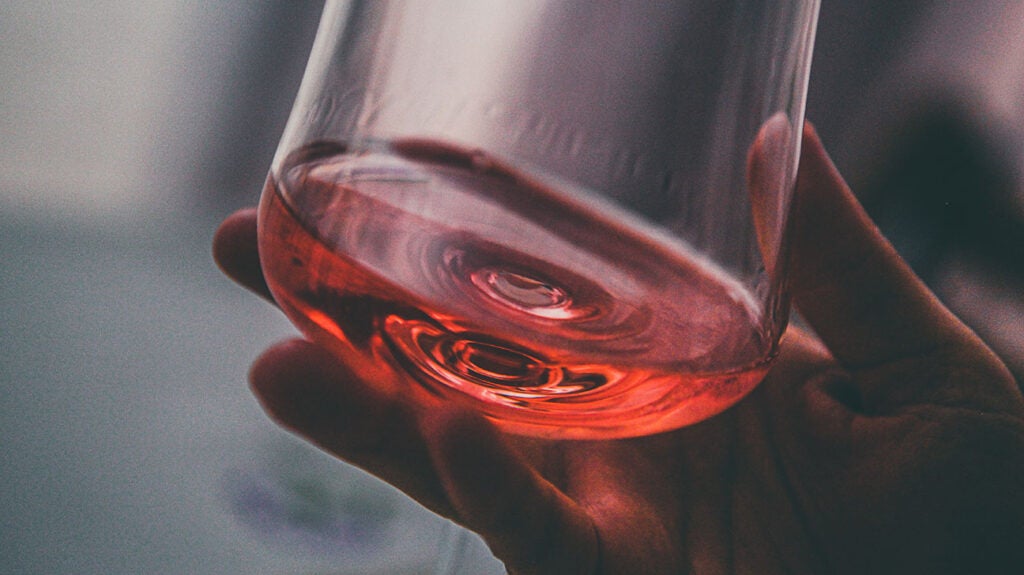Why do people get headaches and red eyes after drinking alcohol?
A headache after drinking alcohol is a common problem, which people know as a ‘hangover’. That is why most people say they have a hangover after drinking too much alcohol.
According to an article based on a study published on the American website National Institute of Alcohol Abuse and Alcoholism (NIAAA), a hangover refers to the symptoms that appear as a result of drinking too much alcohol.
What science says is that when we drink too much alcohol, we experience a hangover, or when our head starts to hurt, we feel dizzy, and by that time there is no alcohol left in our body.
Why do we get headaches after drinking alcohol?
Dr. Rajiv Jha says that headaches are common after drinking alcohol. ‘Alcohol itself is a bad drink, which keeps the body in its grip for a long time,’ says Dr. Jha, ‘A person who drinks alcohol can have a hangover for two days. That is why people who drink alcohol experience headaches, body aches, laziness, and weakness.
After drinking alcohol, there is an immediate and another long-term side effect. Headache is an immediate side effect, says neurologist Sunilram Koirala. ‘Alcohol is a substance that mixes with the blood as soon as it reaches the stomach. Its full effect starts to be seen within 10 minutes to one to two hours,’ says Dr. Koirala. ‘Our brain needs to be informed by the nervous system. Various chemicals are being produced there. Alcohol blocks them and changes the brain’s information system.’
That is why people who drink alcohol start to experience problems such as being unable to think, unable to make decisions, slurred speech, and unable to remember, says Koirala. He says, ‘Alcohol overstimulates our nervous system and brain, making it almost like thinking.’
Alcohol is made from ethanol. Ethanol is a type of poison found in alcoholic beverages. Enzymes in our body break it down and convert it into various other chemicals. The most important of these is acetaldehyde. The main cause of hangovers is this acetaldehyde, says Dr. Saroj Kumar Suwal, a specialist in orthopedics and neurology.
According to Dr. Suwal, when alcohol is broken down in our liver, a more toxic chemical called acetaldehyde is formed. A substance called glutathione tries to make acetaldehyde less toxic. But when you drink a lot of alcohol, the level of glutathione decreases and acetaldehyde starts accumulating in large quantities in the body. It is broken down further and converted by enzymes into another chemical, acetate.
This acetate chemical is converted into fatty acids and water. Acetaldehyde enters the bloodstream and is distributed around the body. It damages healthy cells and causes hangovers, including dizziness.
Drinking too much alcohol can lower blood sugar levels, which can lead to weakness, lightheadedness, and fatigue, says Dr. Suwal. “After drinking alcohol, you urinate more than usual,” says Dr. Suwal. “In this case, not drinking enough water can lead to dehydration. Dehydration can trigger headaches and migraines in people with migraines. Also, people with migraines are more likely to have hangovers after drinking alcohol.”
Alcohol consumption also affects sleep. Most people drink alcohol late at night. As a result, they do not get enough sleep. This is also why they experience fatigue and headaches, said Suwal.
Why do eyes turn red after drinking alcohol?
Alcohol has different effects on each person. Alcohol consumption slows down the speed of communication between neurotransmitters in the brain. This can delay the brain and eye receiving messages. It weakens the coordination of the eye muscles. Due to which excessive alcohol consumption can cause problems such as dry eyes and redness, says Dr. Koirala.
When the effects of alcohol increase, the amount of sugar in the blood decreases. Koirala says that due to the lower amount of sugar in the blood than required, the eyes become blurry and vision becomes weak and the eyes become red.
Prevention methods
You can find a lot of information on social media about ways to reduce alcohol hangover. However, Dr. Koirala says that none of the methods have been scientifically proven to be effective.
‘There is no medicine to get rid of a hangover,’ says Dr. Koirala, ‘it starts to go away on its own after some time. You have to wait for the person’s body to digest alcohol, eliminate toxins from the body, rehydrate, repair the cells that have been burned by alcohol, and restore normal brain activity.’
To reduce the effects of a hangover, you need to reduce the amount of alcohol. He says that the more you reduce the amount, the less hangover you will have.





